Microplastics are increasingly present in our lives, from our oceans and rivers to our drinking water, table salt, and even our blood. Their tiny size makes them almost invisible, but their impact on health is significant. Many studies warn of a link between microplastics and endocrine disruption, stroke, nerve damage, and even cancer.
While the scientific community is searching for more effective and safer treatment solutions, a research team led by Rajani Srinivasan at Tarleton State University (Texas, USA) has announced a remarkable result: extracts from two familiar plants, okra and curry grass, can form a biological glue capable of removing up to 90% of microplastics in water.
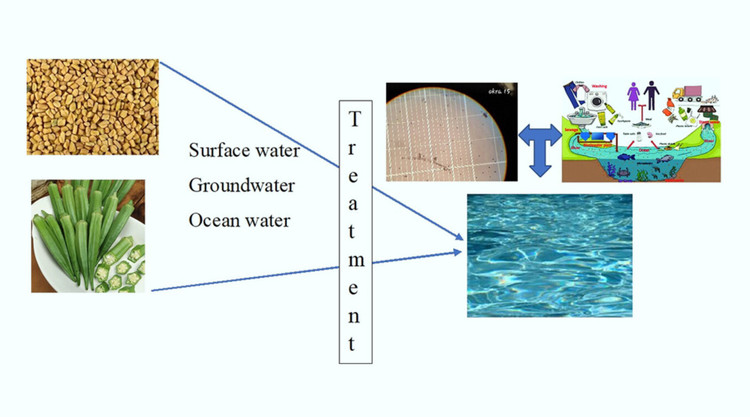
The bio-glue-making process is completely natural and chemical-free. The team soaked okra slices in water and ground fenugreek seeds to create a mucilaginous mixture. After leaving it overnight, the mixture was dried and ground into a fine powder, containing large amounts of polysaccharides – natural compounds that can bind together tiny microplastic particles.
With just one gram of powder per liter of water, the bio-glue can “gather” microplastic particles into clumps and push them to the bottom. Microplastic removal becomes simple without the need for specialized machinery or industrial chemicals. Test results show that fenugreek powder can remove up to 93% of microplastics after one hour of contact. Okra is 67% effective. When both ingredients are combined, the efficiency reaches 70% after just 30 minutes.
In addition to testing purified water with added microplastics, the team also tested actual water samples in Texas, including seawater, underground, and freshwater. In seawater, okra was the most effective, removing about 80% of microplastics. In underground, fenugreek was 80–90%. In freshwater, a mixture of the two was about 77% effective. This difference is explained by the different composition and size of microplastics in each type of water source.
One notable point is that this method does not cause secondary pollution. Meanwhile, polyacrylamide – a substance commonly used in water treatment today – is a synthetic polymer that can leave toxic residues if not treated thoroughly. In contrast, okra and fenugreek extracts are completely biodegradable, creating no new toxins after filtration. This is especially important in the context of “biodegradable” microplastics that are also suspected of being harmful to the digestive system and internal organs.
This method is not only highly effective, but also simple, inexpensive, and can be deployed even in areas lacking water treatment infrastructure. The extracted powder can be produced and packaged in a dry form, making it easy to store and transport, suitable for remote communities or areas affected by plastic pollution.
This research builds on the team's previous work on natural water purification using readily available materials such as tamarind seeds. After optimizing the process with okra and fenugreek, the team is continuing to refine the technology to move towards large-scale production and application in domestic water treatment systems in many places.
With cheap raw materials, simple process and high treatment efficiency, plant-based bio-glue will become an feasible solution in the fight against global microplastic pollution.
Source: https://khoahocdoisong.vn/bat-ngo-loai-thuc-vat-giup-loai-bo-toi-90-vi-nhua-trong-nuoc-post1551702.html


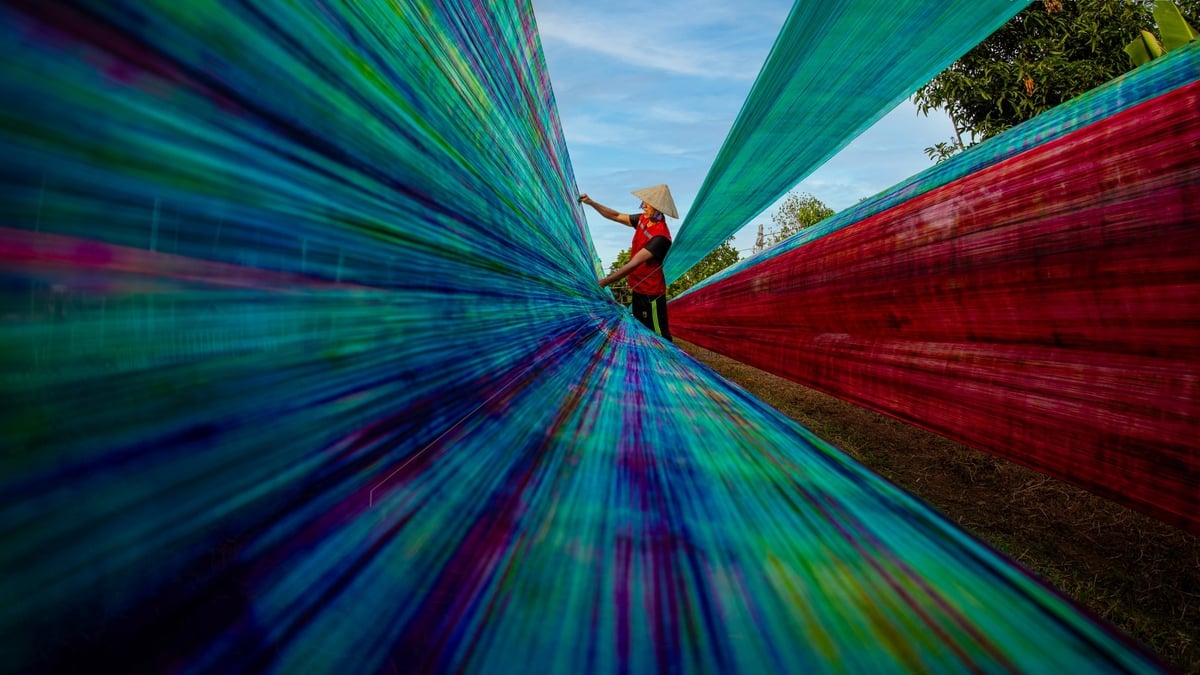


















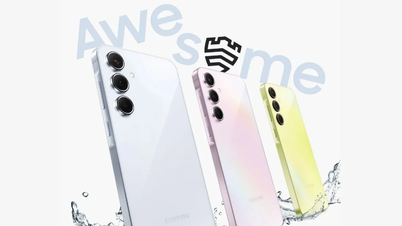









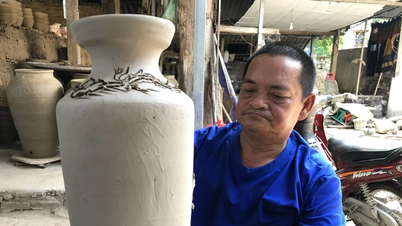

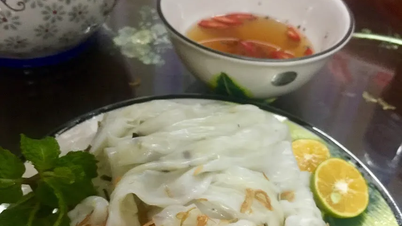
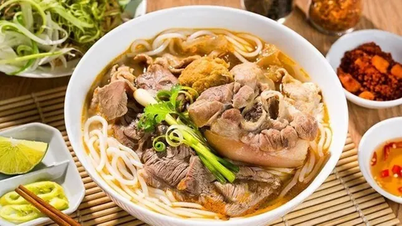



















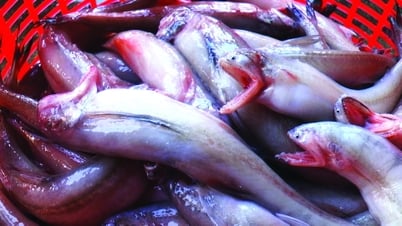








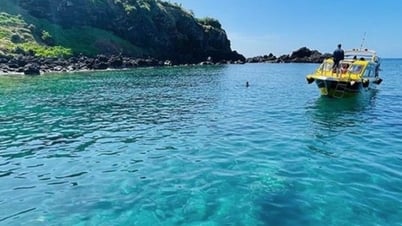











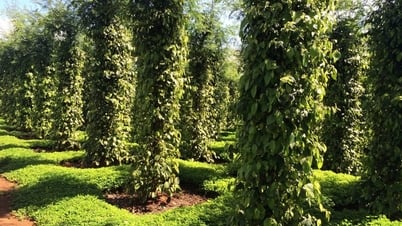

















Comment (0)